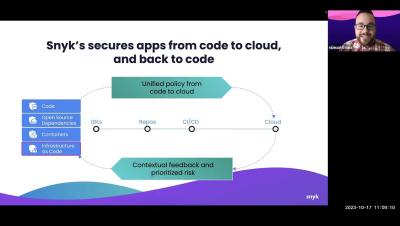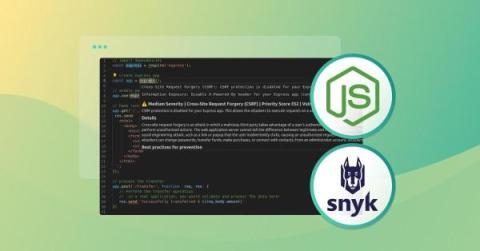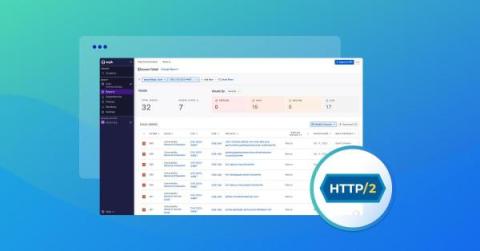GitHub Copilot code security: XSS in React
In an evolving era of Artificial Intelligence (AI) and Large Language Models (LLMs), innovative tools like GitHub's Copilot are transforming the landscape of software development. In a prior article, I published about the implications of this transformation and how it extends to both the convenience offered by these intelligently automated tools and the new set of challenges it brings to maintaining robust security in our coding practices.











